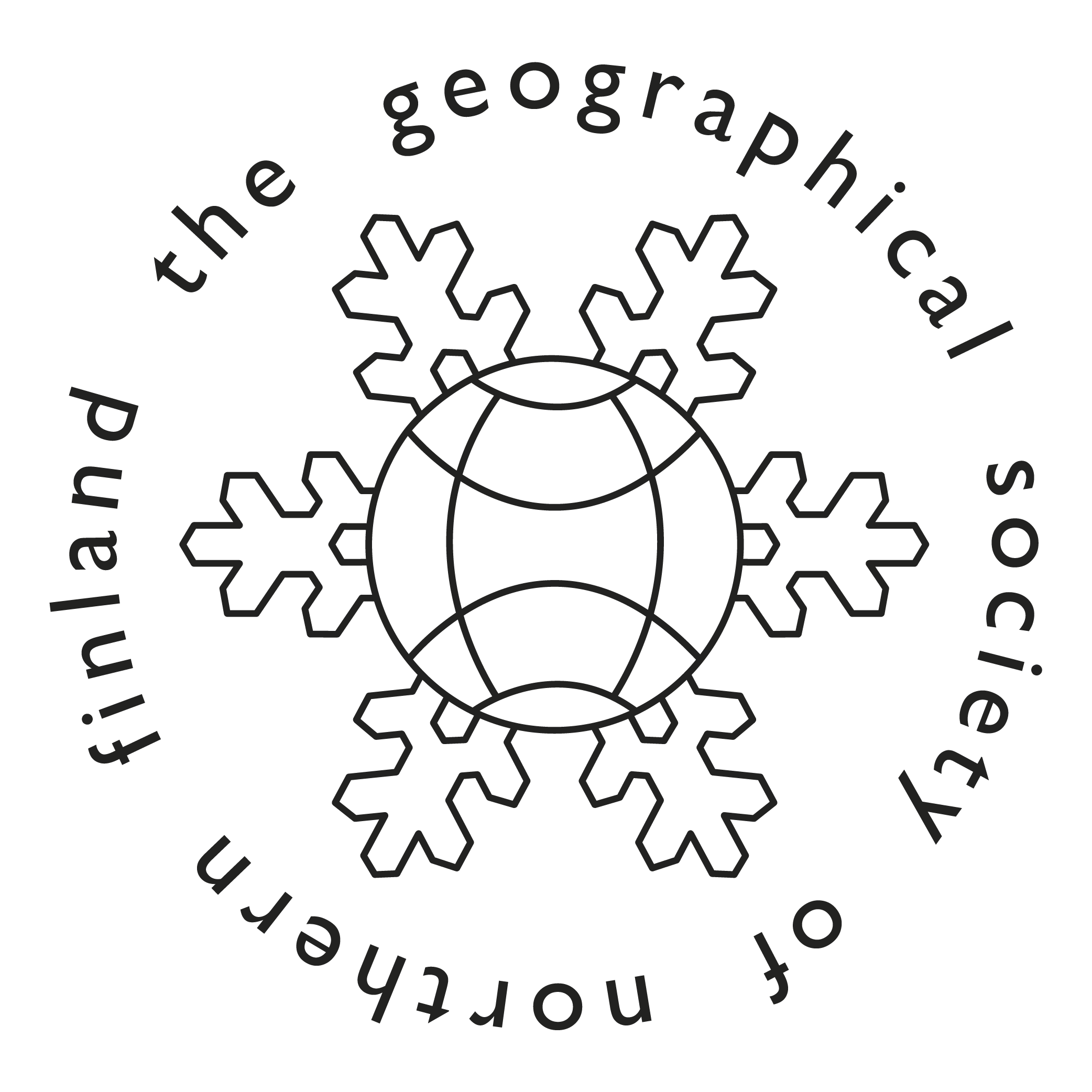Political geographies of the ‘changing’ Arctic: perspectives on the interface between politics and the region as a process
Abstract
This thesis discusses the political geographies of the ‘changing’ Arctic from the perspective of regional theory. Concurrently it explores the contributions that empirical research on these geographies can provide for regional theory and political geographical research. The starting point of this thesis is the often heated discussion that has revolved around the Arctic region during the past few decades. This discussion has been exacerbated by the increasingly taken-for-granted image of the Arctic as a ‘changing’ region, which has arguably acted as the key propeller in driving an increasing number of actors to articulate their interests regarding the region. Building on regional theory, it is argued that rather than taking this understanding of the Arctic as a ‘changing’ region as a representation of a region that is ‘out there’, we should instead focus on how knowledge production and the associated political discussion themselves serve to produce and perform the region as ‘changing’. This enables a perspective on the process of the Arctic region as effected through the production of regional knowledge, and how this knowledge itself acts as a key driver for the plethora of policies and strategies that various actors have recently developed in relation to the region. Examining these policies and strategies together makes it possible to explore how the Arctic region is performed through them, and why this is politically relevant.
The research articles incorporated into this thesis approach the political geographies of the ‘changing’ Arctic through case studies of the Arctic policies and strategies of the selected states of Finland, France, Japan, and the sub-national state of Alaska. The selection was made on the basis that the policies and strategies of these states have not received sufficient attention in political geographic research on the Arctic. At the same time the case of Finland provides a perspective on the strategy of an ‘Arctic state’ beyond the prevailing emphasis on the territorial politics of the Arctic Ocean coastal states; the case of France and Japan provides an opportunity to approach the policies of ‘non-Arctic states’ and how they relate to the institutional dynamics of the Arctic Council; and the case of Alaska brings to light the ‘sub-national’ dimension of Arctic politics. The individual cases act as an empirical base for an analysis regarding how and why different institutional actors have attached their interest to the Arctic region and how and why they contribute to the process of the region through these policies and strategies. Simultaneously, of crucial concern is how these states are positioned as spatio-political entities in relation to the Arctic region.
The empirical case studies that constitute this thesis illustrate how geographical knowledge feeds into political agency, and how this political agency itself serves to perform the region further. By this emphasis, the cases elucidate the key argument of this thesis regarding regional theory, which is that we should treat regions as continuously performed processes and, consequently, focus on why various actors contribute to them in specific ways. Concurrently, by building on this argument, the case studies provide empirically grounded contributions to political geographic research. The case of Finland illustrates how the Arctic region figures into attempts to secure competitive advantages, and what repercussions the political facilitation of these advantages may have regarding state spatiality. The case of France and Japan shows how geography contributes to inclusions and exclusions in supranational institutions, and to the ways in which such institutions are established and challenged. Finally, the case of Alaska accentuates how a supranational region feeds into contestation over power relations between sub-national and national governments.
A key aim of this thesis is thus to foreground the political and spatial implications of regional geographical knowledge as it becomes incorporated into the agency of various actors. In the empirical context of the Arctic region, this entails a corollary call for increasing reflexivity on the part of researchers but especially policy makers regarding the production of ‘regional’ knowledge and its utilization in political practice. Through this reflexivity, we could bring into question the purported inevitability of ‘Arctic change’ and perhaps envision alternative futures for the region that do not rely on its perceived economic ‘opening’.






